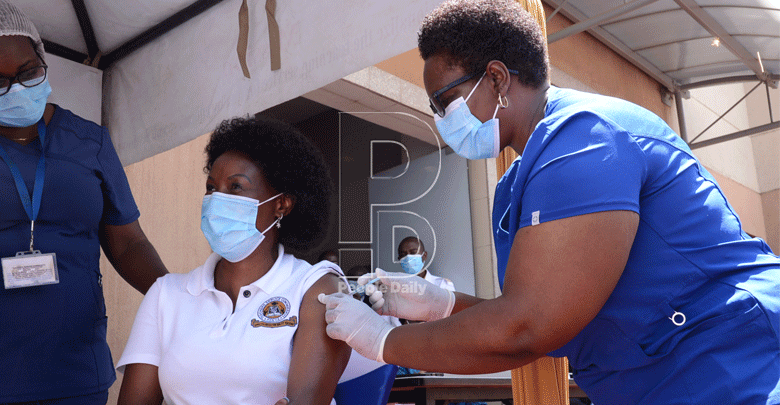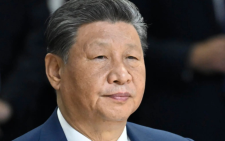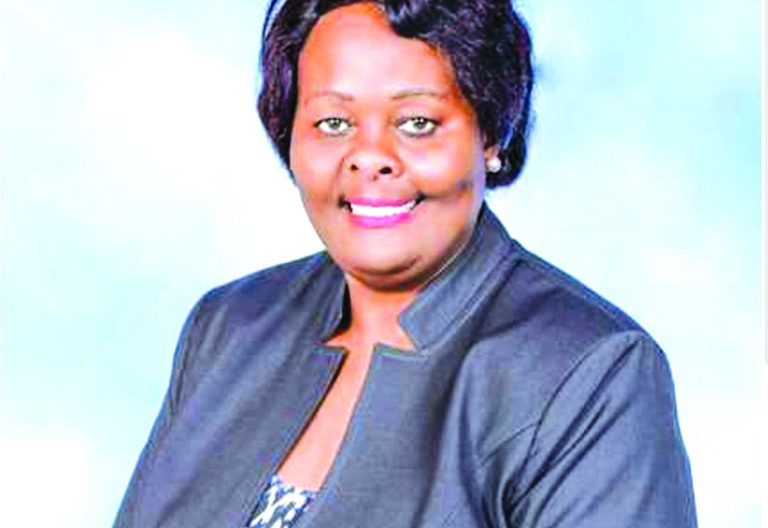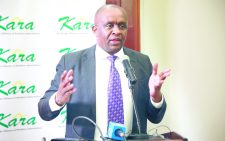Protect economy to safeguard Kenyans

Kenya has joined the rest of the world in moving to contain a health crisis in the wake of rising Covid-19 infections.
The third wave has seen a sharp increase in the number of patients admitted to hospitals as well as those who have died from the disease.
The projections are grim with the peak of the latest wave expected in the next 30 days, with projections of more than 2,500 to 3,000 cases expected per day.
The ravenous nature of the disease prompted the government to put in place tough containment measures.
President Uhuru Kenyatta declared the measures were necessary to save lives.
However, while strengthening the health system’s capacity to cope with potential spikes, the government must not forget to protect the economy.
It would be disastrous if the health crisis morphs into a huge economic shock.
This calls for a timely, targeted and temporary fiscal cushion for critical sectors.
The economy is already suffering; some businesses have already shut following the latest government directives.
Most SMEs do not know whether they will reopen when the new safety measures are lifted, and most employees do not know whether they will make it back to work.
As was the case with the first wave, there is a need to have a stimulus package that would enable those hardest hit, especially players in the hospitality industry, to stay afloat or even mull innovative options of remaining afloat.
To cushion workers and firms, additional measures must be considered, including targeted liquidity support and de-risking measures like credit guarantees to help those affected.
This is in line with ensuring continuity. Support for operations, for example, by facilitating transitions to digital platforms, is important to make firms compatible with social distancing protocols.
With more Kenyans likely to join the more than 1.7 million workers who were laid off last year, we must also cushion the most vulnerable households. Social safety nets must be extended to the needy including through cash transfers.
Indeed, there is a need for a wide range of additional economic policy options to address the new crisis affecting Kenya’s fiscal situation when debt and depressed revenue are hurting the economy.
This is further informed by the fact that this third wave will come with a whole lot of unknowns, which makes it difficult to decipher cushion mechanisms, and even treatment.
Most important the uncertainties that brought down businesses last year should be avoided.
As we expend energies on keeping the pandemic at bay; let us think of the economy too.












